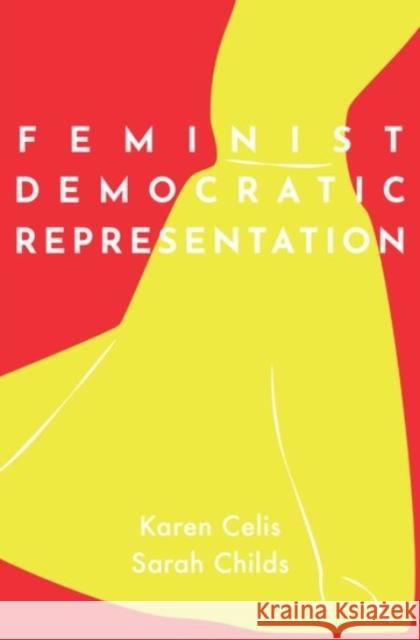Feminist Democratic Representation » książka
topmenu
Feminist Democratic Representation
ISBN-13: 9780190087722 / Angielski / Twarda / 2020 / 256 str.
Kategorie:
Kategorie BISAC:
Wydawca:
Oxford University Press, USA
Język:
Angielski
ISBN-13:
9780190087722
Rok wydania:
2020
Ilość stron:
256
Waga:
0.43 kg
Wymiary:
21.84 x 14.22 x 2.03
Oprawa:
Twarda
Wolumenów:
01
Dodatkowe informacje:
Bibliografia
Wydanie ilustrowane
Wydanie ilustrowane











